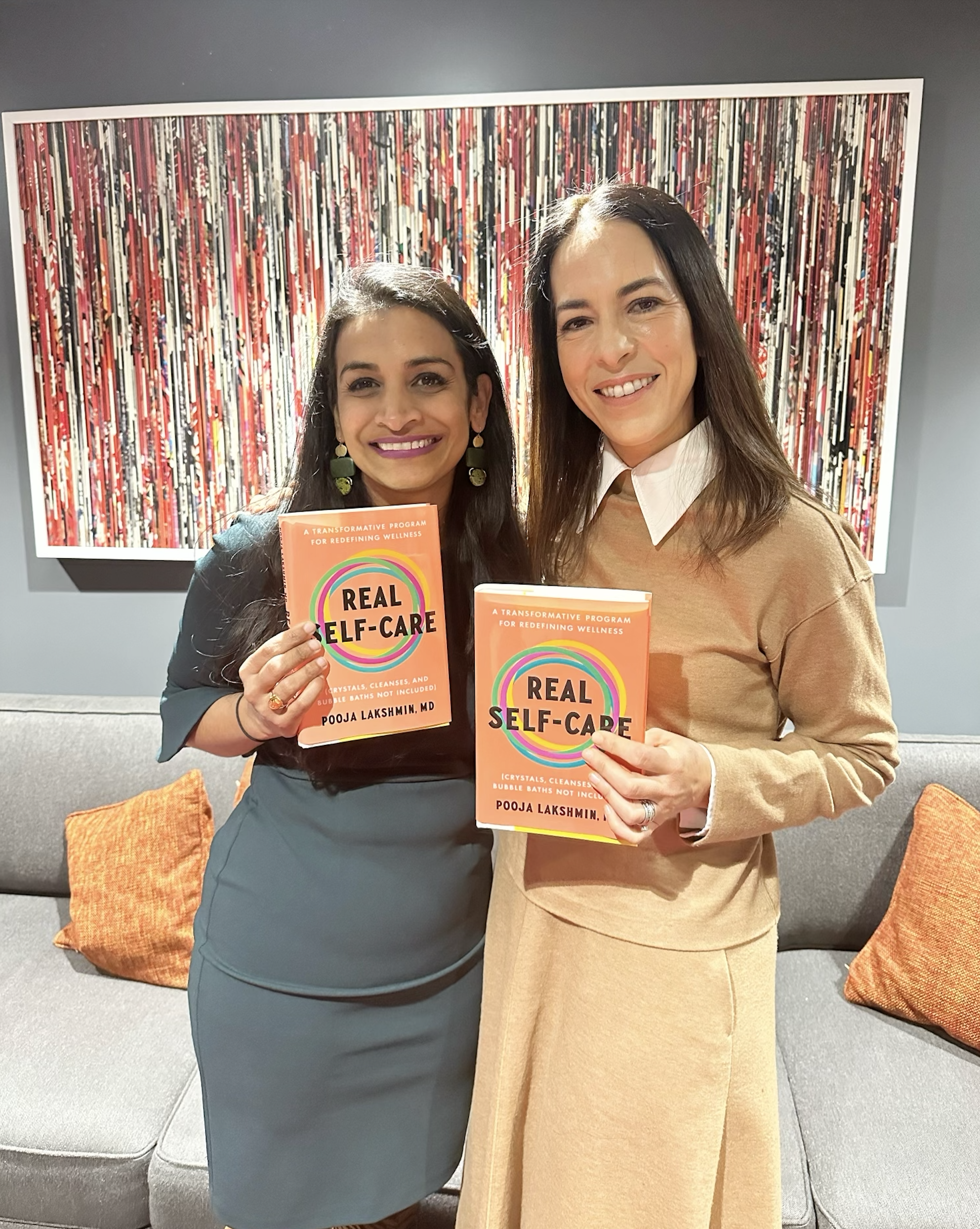How to Reclaim Your Space Without Guilt
/I really longed for June to arrive; a month that forces me to slow down the whirlwind of life and grants me a well-deserved pause. Days without schedules that allow me to reorganize not only my home but also my mind and soul to find my center once again. A center that felt misplaced, especially after the month of May, which was filled with intense emotions as I watched my daughter close one of the most important chapters of her life as she prepares to start college in August.
June usually makes me feel light, but this year it comes with more questions than answers. It signals the beginning of a new era that alters our family structure, and while it takes me out of my comfort zone, it also fills me with excitement. I know life is a continuous change, but there are times when the movement is more pronounced, and this is one of them.
During times of change, I must pay close attention not to neglect the routines that make me feel good because if I put them at the bottom of my priority list, it immediately impacts my physical and mental health.
To respect those routines, I know I must reclaim my space, and in these schedule-free months, it's quite a challenge. Over the years, I have become increasingly assertive in seeking and finding them, but do they really give me what I need?
We thoroughly explored this question at the Responsibility.org Content Creators Summit in Chicago with Dr. Pooja Lakshmin, author of the book "Real Self-Care: Crystals, Cleanses, and Bubble Baths Not Included."
What do I enjoy doing when I reclaim my space? Do I truly find joy in those activities that are supposed to relax me and bring me peace, or do I feel guilty?
I am convinced that motherhood comes with guilt. We have so many responsibilities that when we need a break and claim our space, we often feel selfish for doing so. However, over the years, I have discovered that taking care of myself, my health, and the routines that bring me peace of mind is not just about indulging myself; it is truly an indispensable necessity for my well-being and, consequently, that of my family.
That's why I was so impressed when Dr. Lakshmin began to explain the difference between genuine self-care and false self-care. To illustrate this, I'll share the example she gave us, and let's see if you can relate to it as much as I did:
She told us about a day when she felt overwhelmed by her responsibilities at work and home. She decided to take the afternoon off and scheduled a massage at a spa. As she lay on the massage table, she started going through the immense to-do list she had, and immediately felt guilty about spending $200 on a massage. After it was over, she returned to her office and saw hundreds of pending emails, so she decided to answer them right away, feeling remorseful for not being as productive as usual—as if paying the price for having taken time off.
I identified so much with that story; often, guilt attacks me in those moments of escape, and when I return, I feel the need to compensate, just like Dr. Lakshmin.
Through this story, she explained to us that true self-care is an internal work and is reflected in each decision we make throughout our day. Learning to set boundaries and not answering pending emails until the next day, as she mentioned, would be an example of real self-care instead of solely valuing productivity.
What am I trying to gain from this free time? How am I using it? Why am I engaging in this activity? Does it truly bring me peace and make me feel better?
That's when I realized that true self-care lies within us, instead of trying to find a solution trying to find an escape that makes us run away from home or work. The problem with the whole wellness issue is that they want to sell us a certain path where a juice, a detox, or a manicure will make us feel better, when in reality, we need to start with inner work and then chart our own path, identifying the things that truly work for us.
To help us achieve this, Dr. Lakshmin shared the four pillars of real self-care:
1. Setting boundaries:
Giving ourselves a pause before responding "yes" or "no" in a negotiation. Setting boundaries doesn't always mean saying no; it means giving ourselves that pause and considering the cost of our response. And if we decide on a no, let guilt not be our moral compass.
2. Self-compassion:
Throwing away the martyr or Wonder Woman cape and understanding the importance of asking for or accepting help. Raising our hand and asking for rescue doesn't make us weak or incompetent as mothers. We need to realize that's not the only voice within us; we can lower its volume and listen more to our optimistic and compassionate voice.
3. Our values:
Exploring within ourselves which values truly matter to us and letting them be our moral compass for genuine self-care. From there, we can explore which activities bring us back to our center and truly make us feel at peace.
4. Understanding the power of our decisions:
Each of our decisions should bring us back to protecting ourselves and truly living a life filled with personal care that gives us strength and well-being.
Dr. Lakshmin's book became the perfect gift for my daughter, who is about to go to college. I am confident that it will provide her with the tools she needs to explore and discover how to find real self-care. These types of conversations with my children are a priority in my family, but above all, letting them know that it's okay to ask for space and set boundaries. This book can be a guide for them to also enjoy a life of real self-care, health, and well-being.
I hope you enjoy and find this book as helpful as I did. Many thanks to Dr. Pooja Lakshmin for sharing it with us, and to Responsibility.org for being a great ally in this parenting adventure.














































